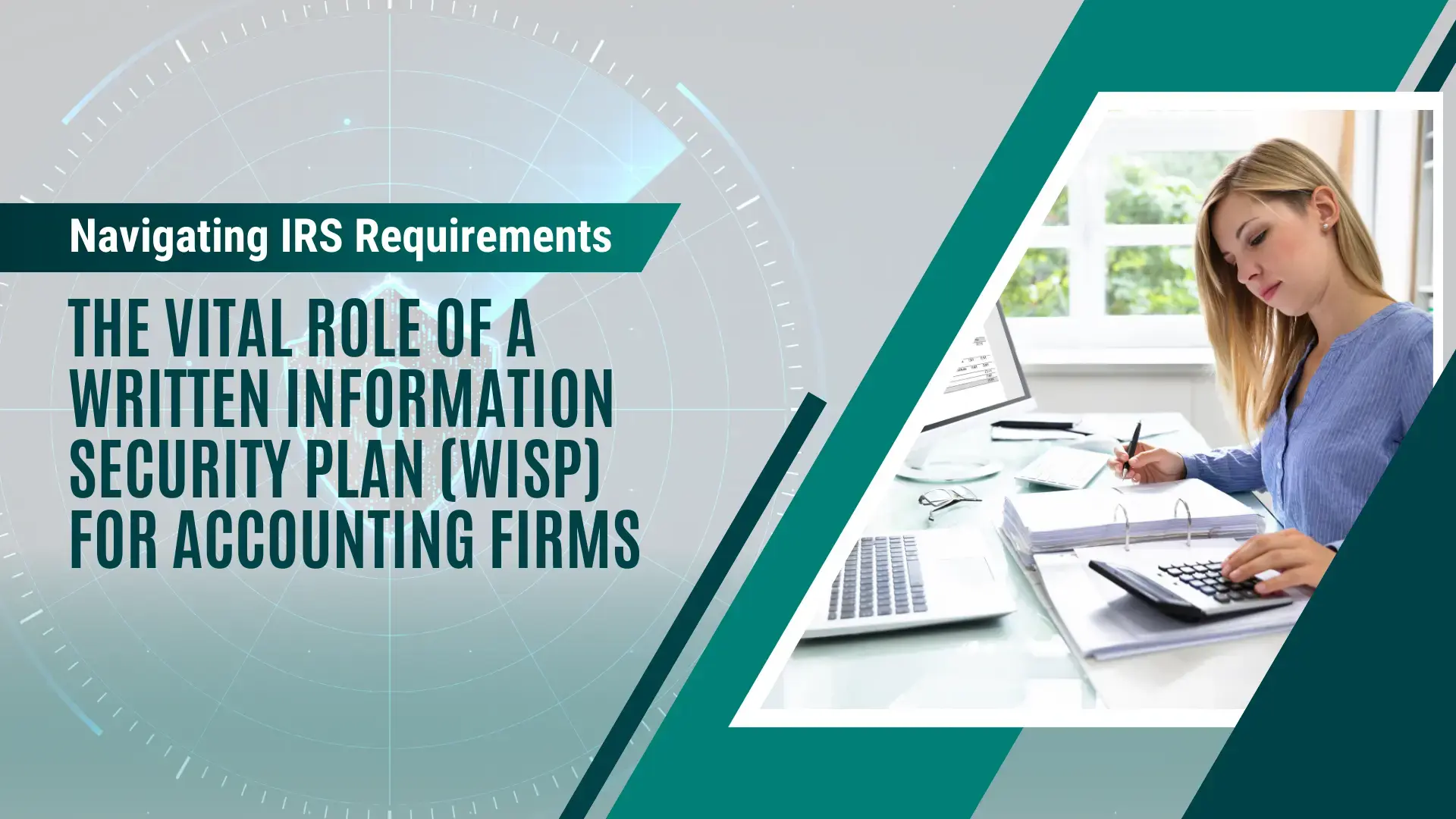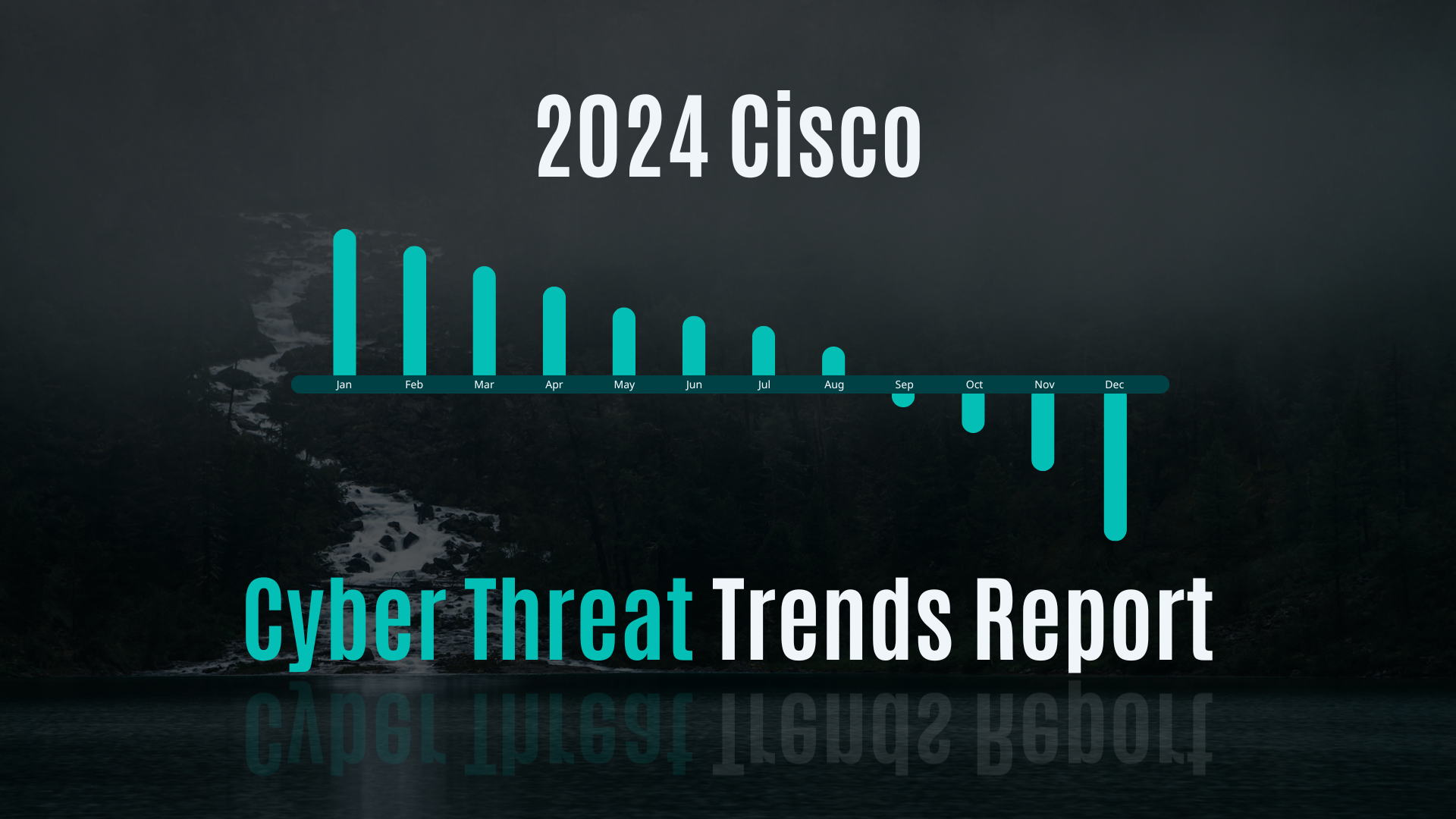Why Are Accounting Firms a Target for Cybercriminals?
It is that time of year again. You are likely staring down the barrel of another busy tax season, armed with caffeine and the grim determination that...

Accounting firms work with, and therefore possess, a mountain of sensitive data, from personal identification information to intricate financial data. In today’s landscape, where cyber danger is ever-present and quick to evolve, safeguarding such information is paramount. One of the most critical steps in this process is complying with IRS regulations, specifically those under the Gramm-Leach-Bliley Act (GLBA). The GLBA mandates that financial institutions, including accounting firms, shield the privacy of consumer financial information from bad actors.
The IRS plays a focal role in regulating tax practices to ensure that all firms handling sensitive tax-related information adhere to stringent security best practices. The GLBA requires that institutions develop, enact, and maintain a comprehensive information security program. The IRS, through its various guidelines and regulations, ensures that accounting firms are upholding these standards to protect against compromises and data exfiltration.
For accounting firms, compliance with IRS regulations and the GLBA involves several critical steps:
While having cybersecurity products in place is essential, it is not sufficient from a preparedness perspective, especially in the eyes of the IRS. A WISP outlines the protocols and processes for safeguarding sensitive data, addressing potential threats, and responding to data breaches. If a WISP is not in place, an accounting firm is susceptible to the catastrophic impacts of a cyberattack.
A cyberattack can be devastating for an accounting firm without a WISP. The immediate consequences often include financial losses, reputational damage, and legal consequences. Clients whose data is compromised may lose trust in the firm, leading to a loss of business. Furthermore, non-compliance with IRS regulations can result in hefty fines and penalties, compounding the financial strain.
Relying solely on cybersecurity products is akin to having a state-of-the-art alarm system without a plan for what to do when it goes off. Cybersecurity products can detect and sometimes prevent breaches, but they cannot replace the comprehensive preparedness that a WISP provides. A WISP ensures that every aspect of data protection is covered, from risk assessment to employee training and incident response.
For accounting firms, navigating IRS requirements is about more than just ticking boxes on a compliance checklist; it involves ensuring that client information is protected with the greatest standards of cybersecurity (and security in general). A Written Information Security Plan (WISP) is an indispensable tool in this endeavor. It ensures that firms are not only compliant with regulations and requirements like the GLBA, but also prepared to respond effectively to any cyber threats. In the end, a robust WISP is not just a regulatory requirement; it is a critical component of a firm's overall cybersecurity strategy, safeguarding both the firm's reputation and its clients' trust.

It is that time of year again. You are likely staring down the barrel of another busy tax season, armed with caffeine and the grim determination that...

Okay, team, grab your coffee (or your preferred caffeinated beverage) because today we're diving into the wonderful world of acronyms! Specifically,...

Hi everyone, it's me again, your friendly neighborhood IT blogger. Cybersecurity is a constantly evolving field, and as a managed IT services...